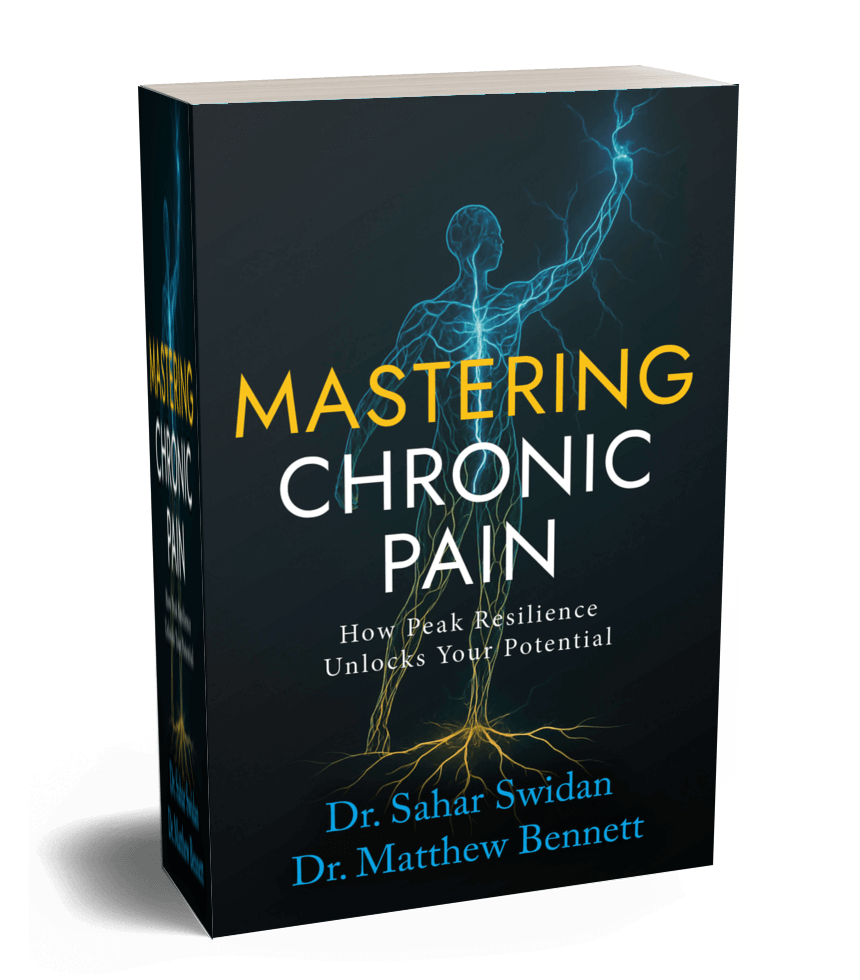Billions of dollars have flowed into digital health over the past decade, yet patients and physicians still face the same pain points: fragmented records, redundant histories, and overwhelming portals. Even with advanced EHRs and wearables, critical information remains siloed, forcing clinicians to make decisions with incomplete data.
This gap is where Mediphant, a new AI healthcare companion, is staking its claim. By unifying health data and layering explainable AI on top, Mediphant aims to reduce friction for both patients and providers, without compromising privacy.
From Problem Recognition to Product Design
Founder and CEO Raj Subramonian first saw the cracks in the system at home. “What stood out to me was how much effort my father had to spend just to stay organized with his care,” he says. “That’s when it became clear: health data doesn’t just need to be stored; it needs to be structured in a way that patients and doctors can actually use.”
Unlike consumer apps that act as filing cabinets, Mediphant is designed to be interactive. Its AI explains test results, highlights changes over time, and generates concise overviews before appointments. The goal is not to replace the doctor, but to ensure both patient and physician are on the same page from the start.
A Privacy-First Architecture
From inception, Mediphant was built around privacy as a design principle, not a compliance checkbox. The platform employs end-to-end encryption, HIPAA-compliant storage, and a transparent business model: no advertising, no resale of patient data, no hidden intermediaries.
“Healthcare won’t move forward if patients think their data is being monetized behind the scenes,” Subramonian explains. “We wanted to prove that privacy can be a feature, not a limitation.”
This stance sets Mediphant apart. While incumbents emphasize interoperability or clinical accuracy, few make privacy the defining value proposition. In today’s climate, where data misuse headlines are frequent, that decision is strategic as well as ethical.
Clinical Impact: Accuracy Through Completeness
One of Mediphant’s strongest differentiators is how it changes decision-making at the point of care.
A patient’s infectious disease specialist was able to instantly view her weight trends, blood pressure, and blood glucose data from a continuous monitor, all collated inside Mediphant. With that full picture, the physician made a critical medication decision in just a few minutes, confident it wouldn’t negatively interact with her existing regimen.
“Without that collated information, it would have been a long, drawn-out process,” the patient’s son reported. “It’s not just about speed; it’s about accuracy.”
By delivering a longitudinal, unified dataset, Mediphant reduces guesswork and ensures clinicians act on context rather than fragments.
Designed for Both Sides of the Exam Room
Mediphant’s approach is to empower patients without burdening providers.
“Clinicians are under immense pressure to deliver the best possible care to patients, while staying current with advances in their field and managing complex relationships with payers and hospital systems. The last thing they need is more digital clutter,” said Venu Nair, Co-founder and Chief Technology Officer.
This philosophy of helping patients prepare without adding to physician workload is core to the product’s design. Mediphant functions as a complement to the EHR, not a replacement, offering a shared view of the patient journey that benefits both sides of the exam room.
Positioning in a Crowded Market
The digital health space is crowded with symptom trackers, telehealth platforms, and record aggregators. In 2024, 69% of individuals with a chronic condition and 76% of individuals with a recent cancer diagnosis accessed their health information via patient portals.
Mediphant distinguishes itself from the current generation of health record portals by combining three pillars into a single solution:
- Privacy as a defining feature, not an afterthought.
- Explainable AI that interprets rather than predicts diagnoses.
- A user experience designed for trust and approachability, symbolized by Elly the elephant, the platform’s empathetic guide.
“We don’t see ourselves as another app competing for screen time,” Subramonian says. “Our role is to be a companion — a tool patients rely on, and one their clinicians can trust to add clarity instead of confusion.”
Looking Ahead
Mediphant is still early, but early feedback suggests its model resonates with both patients and clinicians. Patients value the clarity and peace of mind, while doctors see the benefit of more informed, better-prepared visits.
“The promise of AI in healthcare is often framed as prediction,” Subramonian reflects. “We see its greatest value in explanation. By translating complexity into understanding, AI becomes not a barrier, but a bridge.”
By positioning itself at the intersection of patient empowerment, clinical efficiency, and uncompromising privacy, Mediphant hopes to set a new standard in digital health. In a sector crowded with tools that often overwhelm, its bet is that clarity will win.














